School Food Politics, Identity, And Indigeneity in the Peruvian Amazon
Résumé
In Peru, a National School Food Program called Qaliwarma provides food in public schools across the country since 2012. This chapter draws up the transformation of school food in two Amazonian indigenous peoples: Maijuna and Napuruna. Mothers appear to play a significant role in its concretization since they take turns cooking the meals every school day. They constantly negotiate with the Peruvian government as they grapple with the constraints of the program and deploy strategies to adapt it to their own agendas. In doing so they follow local logics and discretely or profoundly deviate from how the program has been designed by state policies. School food is understood by both groups as a key feature of becoming mestizo – non-indigenous – while they also perceive some mestizo food items as of low value or as suspicious. With each meal they negotiate the frontier between appropriation and resistance on their own terms.
| Origine | Publication financée par une institution |
|---|---|
| licence |




